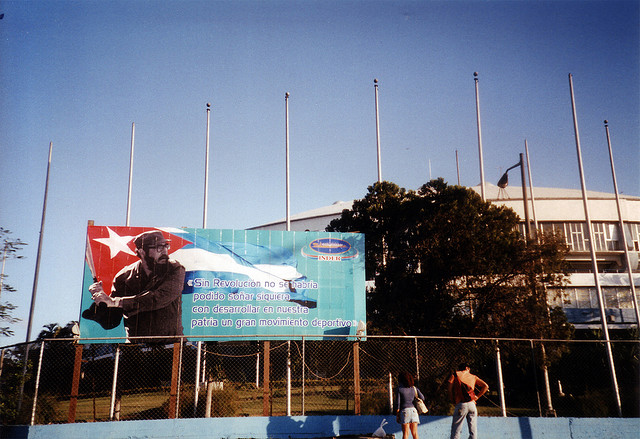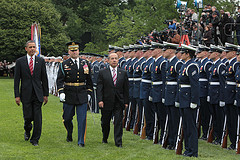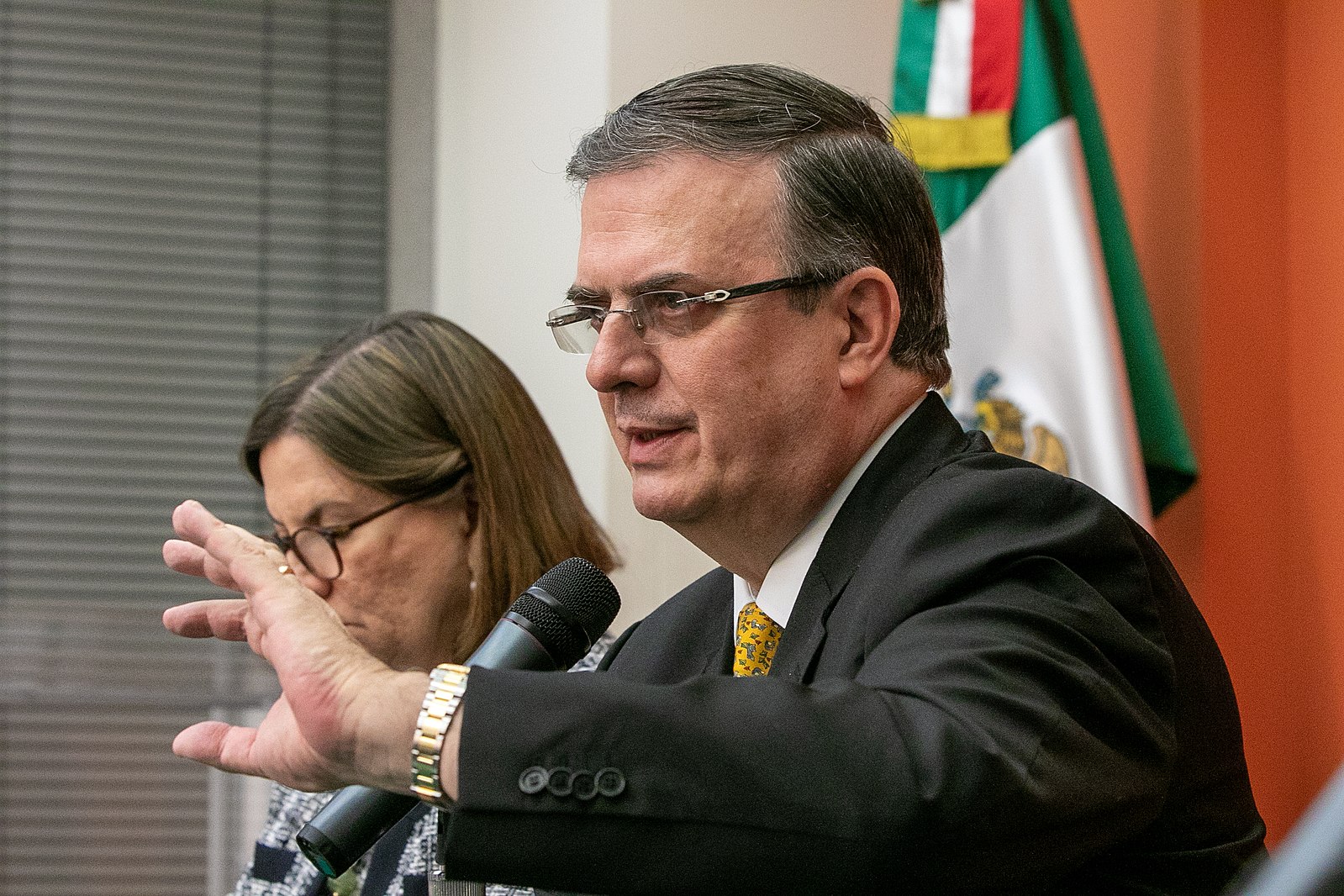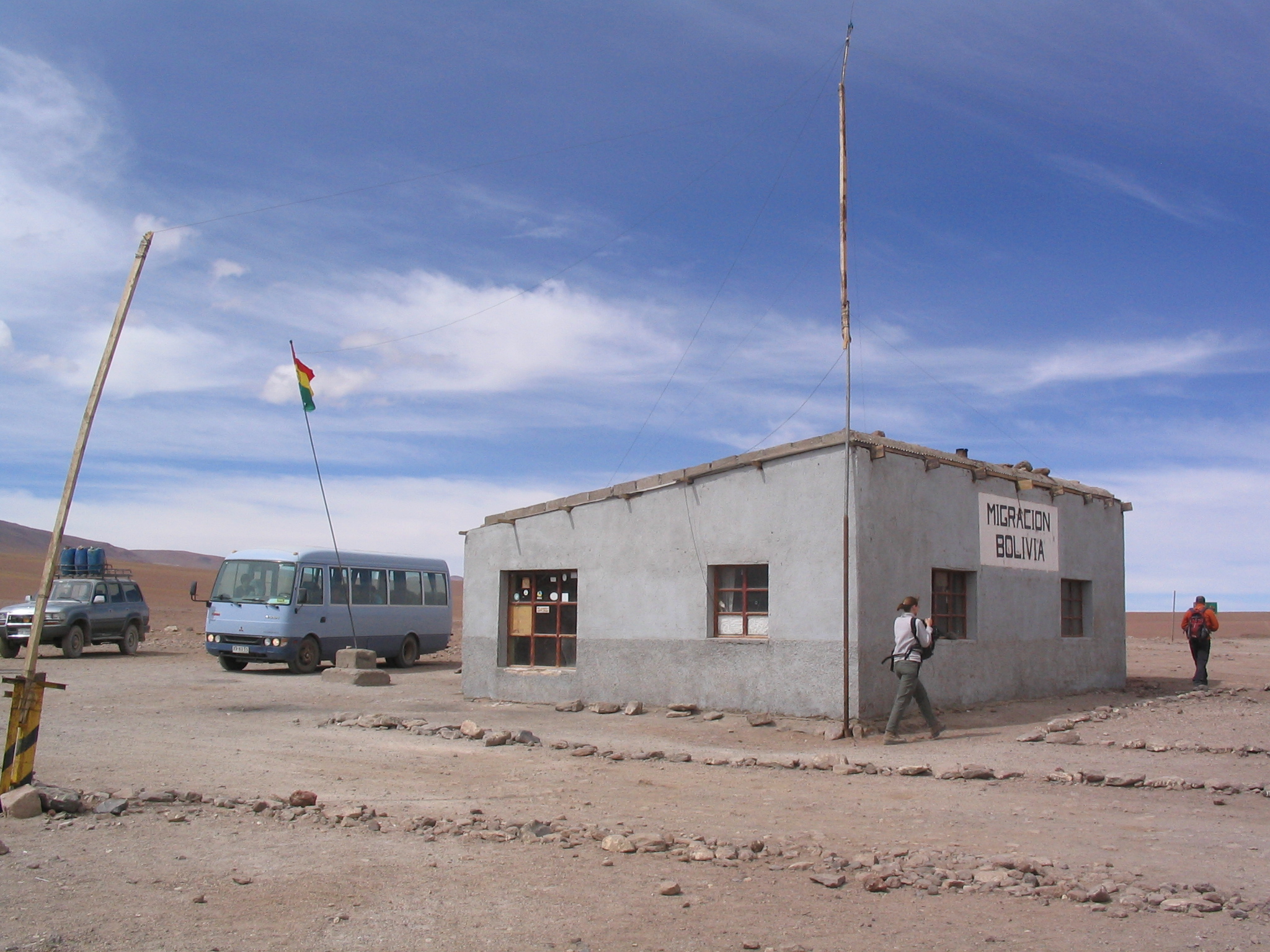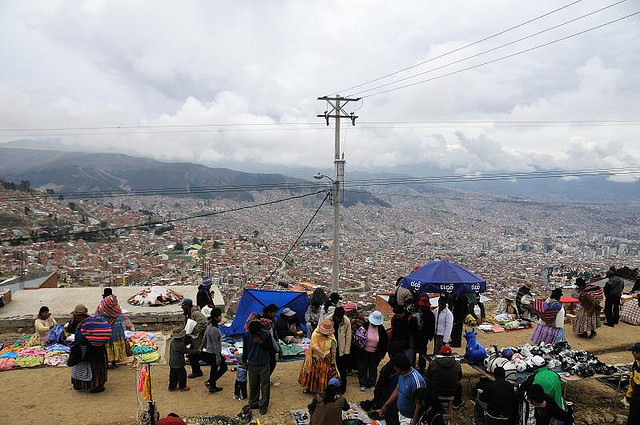
Argentina, Latin America: Week in Review
Buenos Aires Train Crash Kills 50; Argentina Declares Period of Mourning
February 23, 2012 By Staff
Today in Latin America
Top Story — Fifty people died when a commuter train crashed into a barrier in a Buenos Aires train station on Wednesday morning, leading Argentine President Cristina Fernández de Kirchner to declare a two-day mourning period. In addition to the fatalities, more than 600 rush hour passengers were injured in the collision at Once Station, which was captured on video and is currently being investigated by Argentine authorities. The crash is one of the worst in Argentina’s history, but the country has suffered other fatal train accidents in the last few months. In September, a bus ignored a barrier at a railroad crossing in Buenos Aires and collided with a train, killing eleven people and badly hurting about 200 others. In early November, a bus carrying students on a school trip was struck by a freight train in Argentina’s San Luís province, leaving a school official and seven children dead. Hours after Wednesday’s crash, Argentine Transportation Secretary Juan Pablo Schiavi told reporters, “Never in my life had I seen anything like this.”
Read more from CNN.
Headlines from the Western Hemisphere
North America
- Nearly 30 Mexican prison officials were arrested on suspicion that they collaborated on the Apodaca riot and prison breakout that killed at least 44 inmates.
- A bullet reportedly fired from Mexico hit and injured a woman in El Paso, Texas on Tuesday.
- An Obama administration immigration official met with Silicon Valley business leaders to assure them that foreign-born entrepreneurs would be encouraged to start businesses in the U.S.
- The U.S. and Mexico signed an agreement Monday to cooperate on oil drilling in the Gulf of Mexico.
Caribbean
- Jamaica’s nationals security minister blamed this year’s increased homicide rates on gang activity.
- Carnival celebrations in Haiti have killed at least one person and injured about 120 others, according to police.
- Cuba’s ambassador to the Vatican City said that the country had not put any conditions on Pope Benedict XVI’s March visit, saying there was no “shopping list” for the trip.
Central America
- A Guatemalan judge who would have presided over the trial of former dictator Efraín Ríos Montt stepped down after the defense complained that she was biased.
- El Salvador’s attorney general’s office said that two suspected human traffickers will stand trial for connections to the massacre of 72 undocumented migrants in Mexico, 14 of whom were Salvadoran.
- A report by a European Union mission to Nicaragua said that the Nicaraguan presidential elections in November lacked transparency.
- Honduran prisoner Marco Antonio Bonilla was pardoned by Honduran President Porfirio Lobo after rescuing hundreds of his fellow prisoners in the Comayagua prison fire.
Andes
- Venezuelan President Hugo Chávez’s surgery in Cuba to remove a likely cancerous new tumor has thrown his party into turmoil approaching the October presidential elections.
- The Bolivian government declared a state of emergency as at least 9,000 are homeless due to seasonal floods in the country’s north.
- Colombia’s Cano Limon oil pipeline has been closed due to recent bombing attacks, reportedly by leftist guerrillas.
Southern Cone
- A human rights official from the Brazilian government urged the passage of a bill that makes contract killings a federal crime, along with higher penalties for militia and death-squad murders.
- Chile reopened its main border with Peru on Wednesday after rains swept landmines onto the road on Monday.
Image: Globovisión @ Flickr.
Subscribe to Today in Latin America by Email
